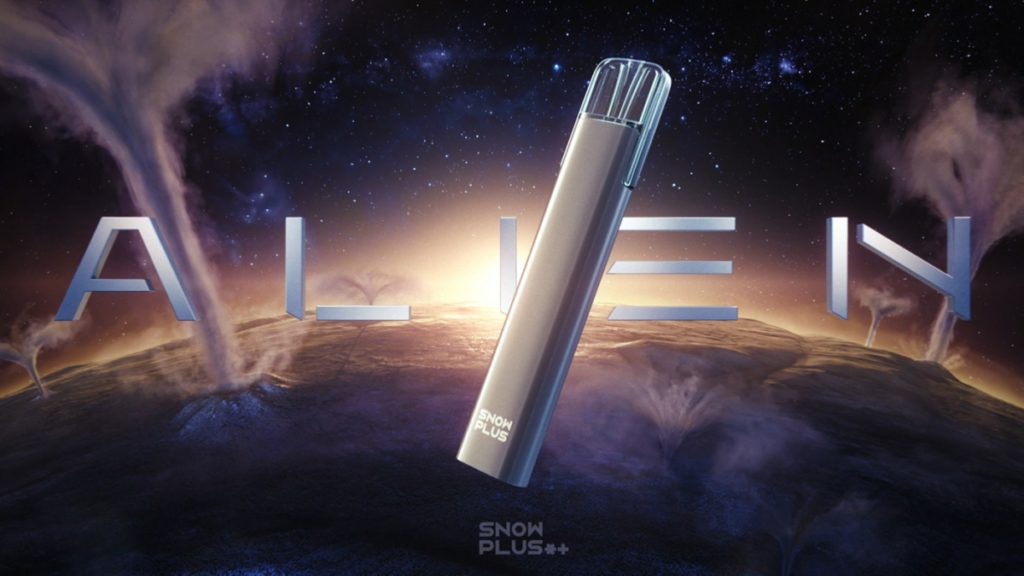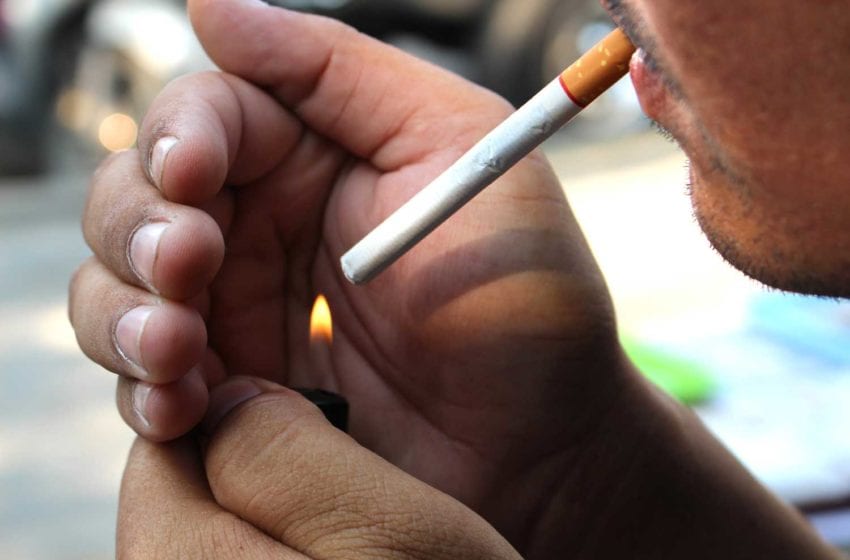
Health Canada has made a “startling admission” that its recent policy to ban the sale of flavored vapor products could contribute to a rise in cigarette consumption, reports Filter, a publication owned and operated by The Influence Foundation, a nonprofit organization that advocates for rational and compassionate approaches to drug use, drug policy and human rights.
Into its regulatory impact analysis statement on the intended flavor ban, Health Canada acknowledges that its legislation could lead to an increase in smoking, according to Filter.
“It is anticipated that some dual users who currently use flavored vaping products would not substitute their purchases with tobacco[-flavored] and mint/menthol-flavored vaping products. They would choose to purchase more cigarettes,” the statement reads.
“The statement is very direct. It’s basically saying, ‘We’re Health Canada, and we’re going to do something that kills Canadians,’” said David Sweanor, an industry expert and chair of the Advisory Board for the Centre for Health, Law, Policy and Ethics at the University of Ottawa.

“The statement is very direct. It’s basically saying, ‘We’re Health Canada, and we’re going to do something that kills Canadians.”
David Sweanor, chair of the Advisory Board for the Centre for Health, Law, Policy and Ethics at the University of Ottawa
Matt Culley, a board member of the U.S.-based CASAA, a consumer advocacy nonprofit that promotes smoke-free alternatives to combustible tobacco, said, “The fact that a government can brazenly admit their policy will lead to more smoking and death is wild. It really goes to show how demonized vaping remains.”
The policy appears to be at odds with Canada’s intention to reduce its smoking rate to 5 percent by 2030.
Our policies have not aligned with the country’s goals,” Darryl Tempest, the executive director and chief advocate of the Canadian Vaping Association (CVA), told Filter. “It is not a public policy that relates to adults or harm reduction or small businesses.”
The country amended its tobacco laws to include vaping products in 2018, and some Canadian provinces have already enacted their own flavor bans.

